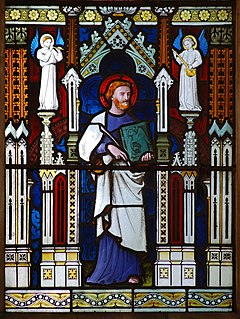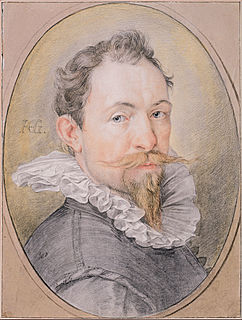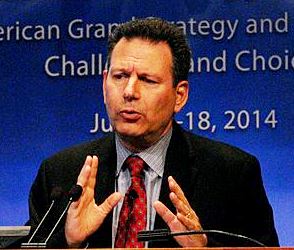A Quote by Mahatma Gandhi
'Physician, heal thyself' is more true in matters religious than mundane.
Related Quotes
When two people become entangled, one person will conform to the energy of the other person. When one of them is a healer whose cells are vibrating at a higher level, the client's cells become entangled, and their energy is lifted. That's why that old saying, "physician heal thyself," is so important, even though most don't understand it: If the physician's energy is going to influence or, in scientific terms, "entrain" the patient's, the doctor's must be higher.
On areas like abortion where there is major disagreement among the mainstream religious groups in the Judeo-Christian tradition, I believe that requires a lot more caution. The Jewish position on abortion is very different from the Roman Catholic position. That is reason to be cautious about enacting laws rather than saying to the religious group: instruct your followers on these matters as matters of personal religious belief.
And it has been sarcastically said, that there is a wide difference between a good physician and a bad one, but a small difference between a good physician and no physician at all; by which it is meant to insinuate, that the mischievous officiousness of art does commonly more than counterbalance any benefit derivable from it.









































